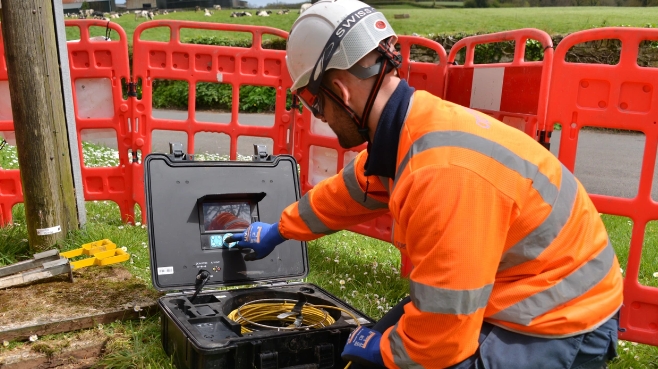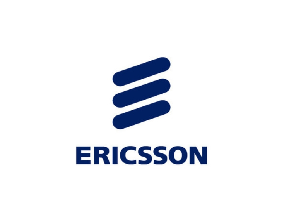The United States of Ericsson?
According to one analyst, Ericsson's equipment is poised to power the mobile networks of all three big US operators – AT&T, T-Mobile and Verizon – across roughly 40% of the US.
"It's not 'total dominance,' but it creates a large market," analyst Joe Madden, with Mobile Experts, told Light Reading. He said that the 40% figure is contingent on AT&T finishing replacing Nokia's equipment with equipment from Ericsson.
Madden also said that once AT&T finishes its swap-out project, Ericsson will control nine of the top 25 US markets, including Los Angeles, Miami, San Francisco and Atlanta.
This means that AT&T, T-Mobile and Verizon will all use Ericsson's radios in those markets. No other radio vendor – neither Samsung nor Nokia – will have any presence in those markets.
The remarkable rise of Sweden's Ericsson in the US dovetails with broad consolidation and maturation in the global wireless industry, which has left just a few big companies standing.
The details
Verizon – the biggest wireless provider in the US in terms of customers – generally uses 5G equipment from Samsung and Ericsson, having booted Nokia from its operations in 2020. T-Mobile, meanwhile, uses 5G equipment from Ericsson and Nokia.
AT&T primarily relied on both Ericsson and Nokia until the end of last year, when the company shocked the industry by announcing that Ericsson would replace Nokia's equipment in its network and thereby become its primary vendor.
That announcement will help pave the way for Ericsson to eventually control up to 40% of the US wireless equipment market.
Ericsson will be the sole vendor in US cities like Los Angeles, Miami, San Francisco and Atlanta. Network operators typically award an entire city to one equipment vendor, allowing the vendor to tune its equipment across nearby cell sites.
Mobile Experts' Madden said he reached his conclusions by carefully tracking the development of the industry. Network operators generally don't publicly discuss the city-level details of their network operations.
The context
Will Ericsson's growing dominance in the US eventually lead operators to pursue some kind of network-sharing operation? After all, wouldn't it be less expensive for them to simply share one Ericsson radio than to each buy a separate one?
Madden doesn't think so. He said that kind of sharing arrangement is difficult to pull off from a technical perspective, and operators in the US have generally shown little interest in it.
But he said Ericsson's position in the market might lead to more select sharing scenarios. For example, Verizon recently announced a neutral host network deployment in New York that Madden said might be attractive to T-Mobile and AT&T.
Madden also said that Ericsson's growing command of the US market might ultimately lead to more software innovation. "I think it can be a good thing," he said of Ericsson's position.
Madden explained that common hardware and software platforms can help create opportunities for developers. For example, the PC market is now split between Windows and Apple gadgets. Similarly, the smartphone market is now a two-horse race between iOS and Android, having shed other competitors like BlackBerry, Windows and Symbian.
That kind of stability, Madden said, can foster a more "innovative environment."





